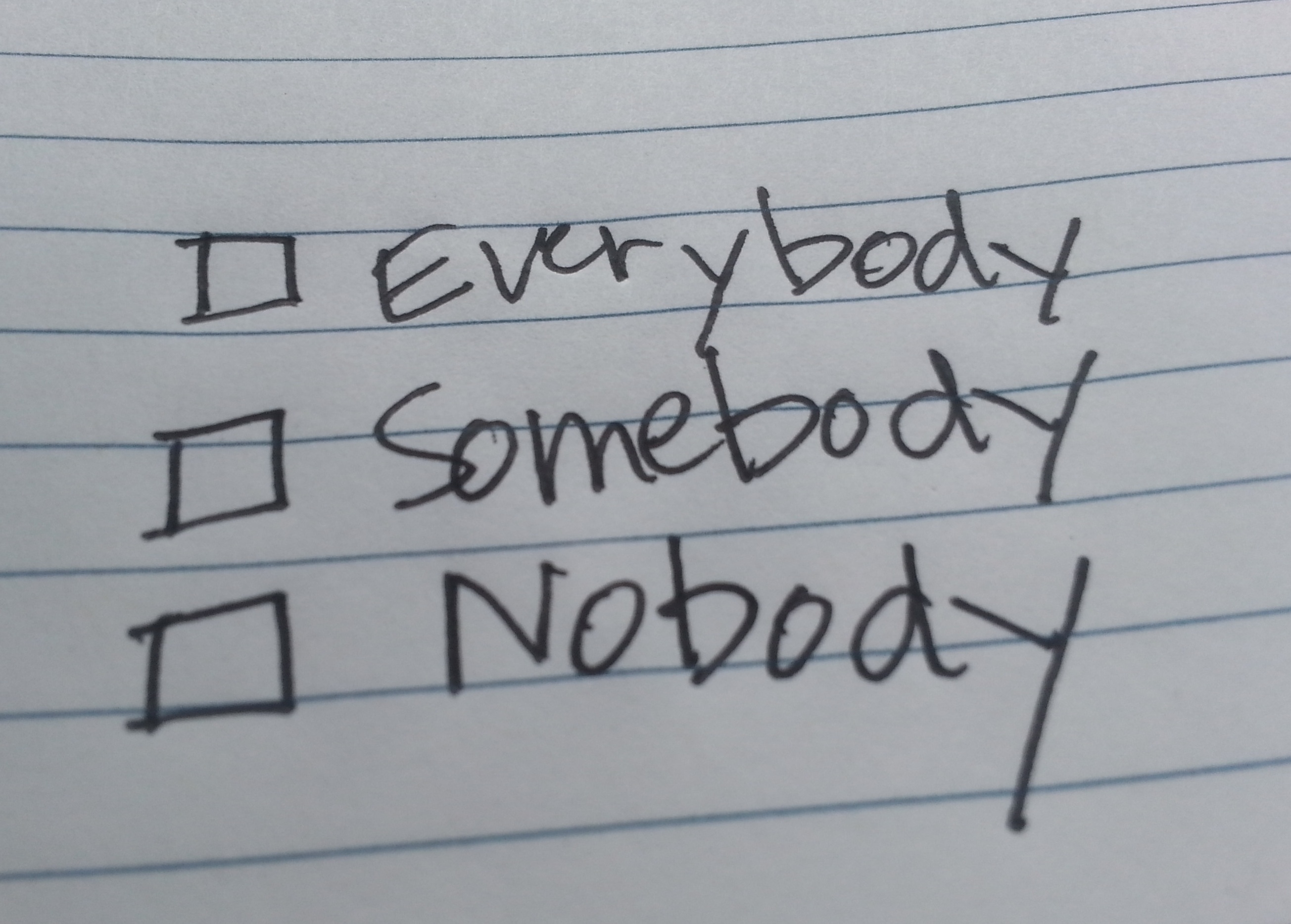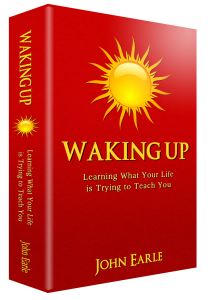The question “Who says so?” is the key to the heavy doors that guard a land of unparalleled fantasy, our belief system. When confronted with a behavioral absolute, or a personal, relentless law, ask: “Who says so?”
When activated by the will, this question cuts through the soft and fleshy world of pseudo-comfort we are trying to create for ourselves. It cuts to the bone, to the understanding of beliefs that create our personal world view. The question “Who says so?” has the power to de-crystallize entrenched beliefs and create the space and flexibility necessary for our creative self to flourish.
Don’t ask “Who says so?” meekly. Ask this question with belligerence, rabid curiosity and suspicion. Demand an answer that works for you personally, and works for you now, in present time. Asking “Who says so?” is a noble act of personal responsibility.
There are three tasks associated with the question “Who says so?”: identification, qualification and ratification.
- Identification means we identify the source of a belief
- Qualification means we investigate the source’s qualifications. If the qualifications are specious, then the belief could be specious, could be built on sand and we let it go
- Ratification means we look at the belief itself to see if we really buy it, to see if it works for us, to see if it has been true in our own experience; to see if it works now, regardless of the source.
There are three categorical answers to the identification task: somebody, everybody and nobody. It is important which answer we receive because each answer calls for a different response. Of course we may get more than one.
Somebody
When we run a “Who says so?” identification check and the answer is ‘somebody’ it might reveal a parent, a teacher, a cleric, a friend or someone we don’t know well or even someone we have seen on TV. When we identify that ‘somebody’ is the source of a belief, we need to look at his or her qualifications. Questions we might ask are:
- Did this person practice and fully embrace this belief?
- Did they demonstrate its effectiveness?
- Did it help them to maintain a core value, for instance, living in present time, inner peace, love, equanimity, patience or compassion?
Everybody
Sometimes when we ask, “Who says so?” we get the answer ‘everybody.’ If the answer is ‘everybody’, this means that our belief is part of a group consciousness. Beliefs embraced by the crowd do not necessarily have more authority than those of an individual.
Nobody
The most fascinating response to “Who says so?” is ‘nobody.’ It is interesting how often we receive this response. The ‘nobody’ answer means we cannot identify where we received this belief. When the answer is ‘nobody,’ it often means that we have created a belief that serves a more hidden part of our ego. We have fabricated or made up a belief. The subconscious is, perhaps, ever so subtly manipulating our belief system to make it conform to what it wants. By asking “Who says so?” we can catch it in the act. There is something a little bit crazy about the ‘nobody’ answer. As for qualifications, ‘nobody’ has none, and for this reason it is much easier to change such a belief. There is less work to do than in the case of a ‘somebody’ or ‘everybody’ answer.
Exploring beyond ‘somebody,’ ‘everybody,’ and ‘nobody,’ we make a very important discovery. Like the Wizard of Oz hiding behind the curtain, we are the one who is controlling the fire breathing demons of ‘somebody,’ ‘everybody,’ and ‘nobody.’ Because, once again, we are personally responsible for our beliefs no matter where they originate.
Asking “Who says so?” helps us to identify and then let go of old beliefs which are clouding our ability to really comprehend our own responsibility. We are able to see this clearly as we refocus. We are peeling back the layers. As we create new beliefs and become aware of their impact on our lives, we also reaffirm that, in the end, we are the one responsible for what we believe. Asking “Who says so?” is a practice that enhances our discernment and at the same time exposes many of the limiting beliefs that shape our lives.



 Using four, powerful but simple strategies, learn what the challenging stories in your life are trying to teach you.
Using four, powerful but simple strategies, learn what the challenging stories in your life are trying to teach you. 


No comments yet.